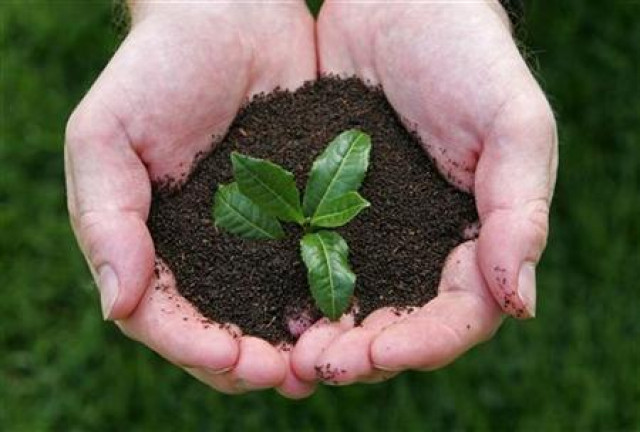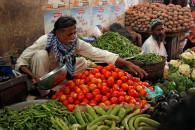In search of higher profits, traders switching to loose tea sale
Price difference, quality and location determinants of choice .

Price difference, quality and location determinants of choice . PHOTO: REUTERS
The country seems to be gripped in the smuggling madness, non-payment of duties and taxes. Lahore is no different.
The loose tea market in the provincial capital is also plagued by the issue of non-duty paid smuggled tea, which is sold without fear.
While the price difference between smuggled and legally-imported tea ranges between Rs30 to Rs50, the real variance lies in the quality. According to different market players, loose tea is being smuggled from the Kashmir and Afghanistan borders. Smugglers often mix loose tea with different crusts to make better profits with the government failing to take notice, said tea dealers.

“People in Lahore prefer packaged tea but I think it’s around 50-50,” said Ayaz Malik, a wholesale dealer of loose tea in Akbari Mandi, the biggest wholesale market of Lahore. “But the percentage easily goes up to 80% in favour of loose tea if we include the rural areas around Lahore.”
According to wholesalers, the desire to live a quality life is replacing the usage of traditional loose commodities. The increased usage of teabags and powder milk at the workplace and households is also a reason behind the tilt towards packaged tea.
Loose tea in the wholesale market ranges between Rs200 up to Rs450 per kilogramme (kg). To make the tea affordable for the general public, importers blend the commodity with three qualities, as it would be almost next to impossible for them to import and sell the ‘A’ brand that costs more than Rs1,000 per kg.
“Our margin in each kilogram is between Rs4- 5. The increased phenomenon of smuggled tea is creating problems for legal importers,” Malik said.
Loose tea is used in different tea shops, sold openly in different villages and in urban areas. Despite the phenomenon of smuggled tea, Malik said, there are some traders who mix different qualities to make a higher profit. For such traders, the rural community and roadside tea kiosks are the best market, he said.
Traders said that wholesalers, who were running their businesses legally, have switched towards selling the smuggled loose tea as it means a higher profit margin for them. “Things are getting critical for our market — we have tried to overcome this issue many times with the help of the local community but we are yet to meet success.
“Until the time the government comes up with a uniform mechanism and import policy, we fear the trade of smuggled loose tea will keep on gaining strength.”
Published in The Express Tribune, February 24th, 2014.
Like Business on Facebook, follow @TribuneBiz on Twitter to stay informed and join in the conversation.



















COMMENTS
Comments are moderated and generally will be posted if they are on-topic and not abusive.
For more information, please see our Comments FAQ